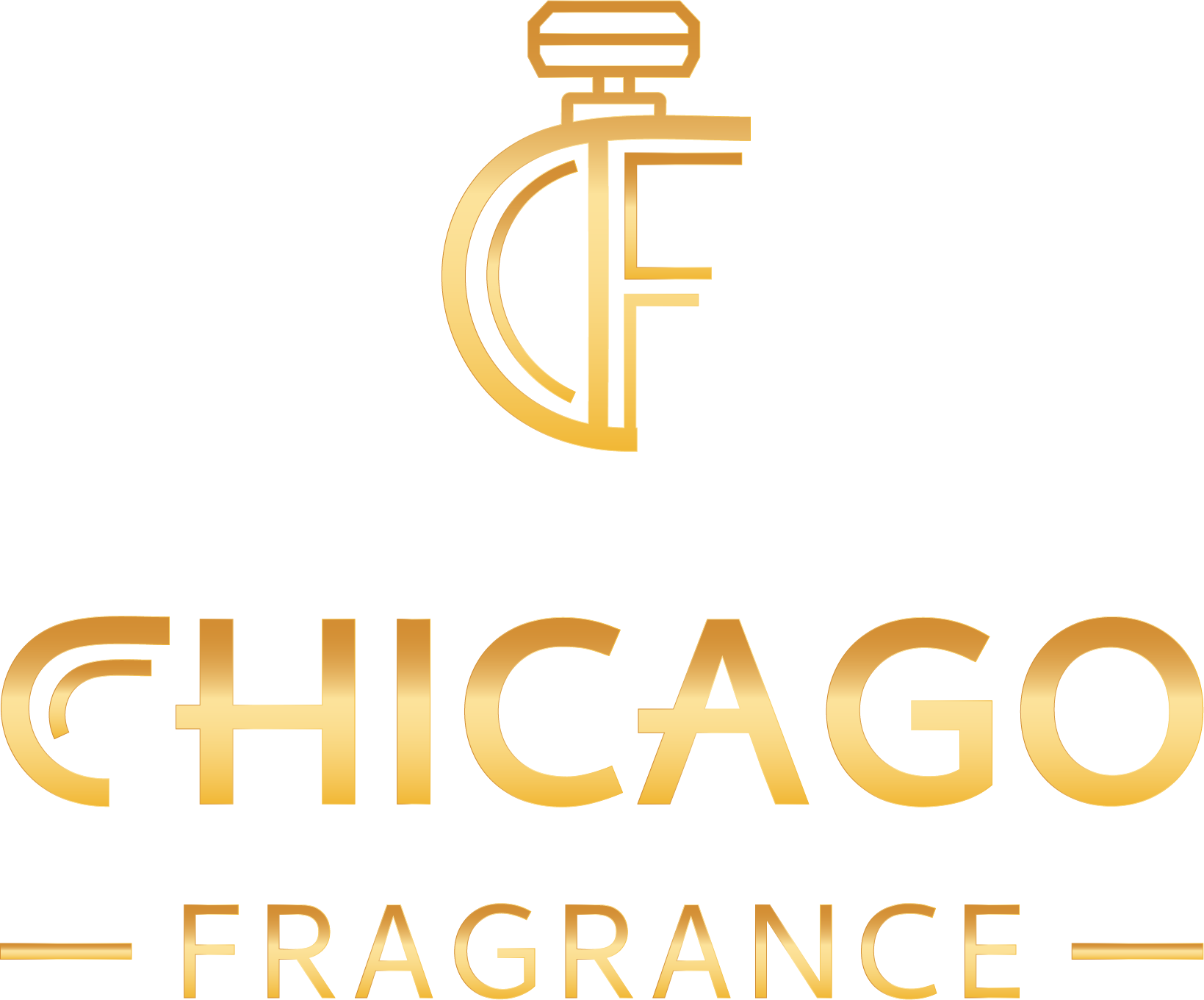Fragrances have the power to evoke emotions, set the tone for the day, and even leave a lasting impression. Whether you’re a fan of floral notes or musky undertones, the choice between cologne and perfume can sometimes feel overwhelming. Let’s break down the key differences so you can confidently choose your signature scent.
The History of Fragrance
Origins of Perfumes and Colognes
Fragrances date back to ancient civilizations like Egypt and Mesopotamia, where they were used for rituals and self-adornment. Over centuries, the art of perfumery evolved into a sophisticated craft.
How Fragrance Preferences Evolved Over Time
In the modern era, colognes became synonymous with lighter, fresher scents, while perfumes were seen as more luxurious and intense.
What is Perfume?
Composition of Perfume
Perfume contains a higher concentration of fragrance oils, typically ranging from 20-30%. This makes it richer and longer-lasting.
Characteristics of Perfumes
Perfumes are known for their strong projection and ability to linger for hours, making them ideal for special occasions or evening wear.
What is Cologne?
Composition of Cologne
Cologne usually has a lower concentration of fragrance oils, around 2-4%, mixed with alcohol and water.
Characteristics of Colognes
Light, fresh, and less intense, colognes are perfect for everyday wear or hot climates.
Key Differences Between Cologne and Perfume
Concentration of Fragrance Oils
Perfume has a higher oil concentration than cologne, making it more potent.
Longevity and Strength
Perfume lasts longer, typically 6-8 hours, compared to cologne, which may last 2-4 hours.
Price Variations
Due to their higher concentration, perfumes are often more expensive than colognes.
Who Should Wear Perfume?
Best Occasions for Perfumes
Perfumes are perfect for formal events, date nights, or when you want to make a bold statement.
Target Audience for Perfumes
While often marketed toward women, perfumes are suitable for anyone seeking a long-lasting scent.
Who Should Wear Cologne?
Best Occasions for Colognes
Colognes are ideal for casual outings, office wear, or summer days when lighter scents feel refreshing.
Target Audience for Colognes
Colognes are versatile and can be enjoyed by anyone who prefers subtle, fresh fragrances.
How to Choose Between Cologne and Perfume
Consider Your Skin Type
Oily skin holds fragrance longer, so colognes might suffice, while perfumes work well on dry skin.
Match Fragrance with the Occasion
Choose cologne for daytime and perfumes for evening events to strike the perfect balance.
Popular Myths About Cologne and Perfume
Cologne is Only for Men, Perfume is Only for Women
This is a misconception. Fragrances are unisex, and preferences depend on individual tastes.
Expensive Means Better Quality
Price doesn’t always guarantee quality. Some affordable options deliver exceptional scents.
How to Make Your Fragrance Last Longer
Tips for Applying Fragrance
Apply fragrance to pulse points, like the wrists and neck, to enhance longevity.
Storage Hacks to Preserve Scent
Keep fragrances in a cool, dark place to prevent them from degrading.
Popular Cologne Brands to Explore
Iconic Cologne Options
Brands like Acqua di Gio, Dior Sauvage, and Tom Ford’s colognes are highly recommended.
Affordable and Luxury Colognes
Consider brands like Calvin Klein or Montblanc for diverse options.
Popular Perfume Brands to Explore
Iconic Perfume Options
Chanel No. 5, Jo Malone, and Gucci Bloom are timeless classics.
Affordable and Luxury Perfumes
Brands like Zara and Lanvin offer excellent budget-friendly choices.
The Role of Fragrance in Personal Style
Fragrance as a Confidence Booster
A well-chosen scent can elevate your mood and boost your self-assurance.
Completing Your Look with the Right Scent
Think of fragrance as the finishing touch to your outfit—a detail that leaves a lasting impact.
Environmental and Ethical Concerns
Sustainable Fragrance Options
More brands now offer eco-friendly fragrances made with natural ingredients.
Cruelty-Free Colognes and Perfumes
Look for certifications that ensure no animal testing was involved.
Conclusion
Choosing between cologne and perfume boils down to personal preferences, occasions, and how much intensity you desire. Understanding their unique qualities ensures you select a fragrance that complements your style and personality.

